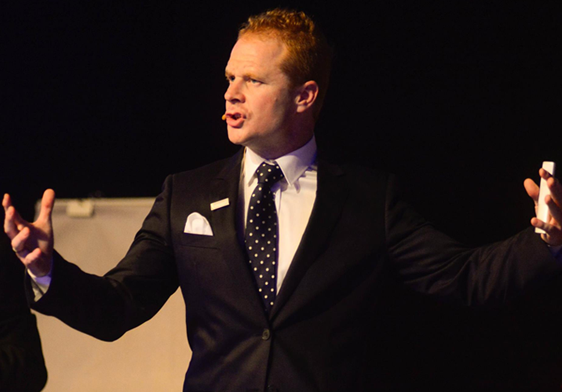Besides sleeping, most of us can say that our lives are primarily divided into personal and professional time. In terms of allocation of our time and our attention, it is typical to spend 40 hours a week at work, and that number can go up or down, depending on your career. Unlike our professional lives, our personal lives are not entirely shaped by our choices and preferences. Some relationships and responsibilities are established based on mutual understanding, while others are the ones we were born into. Regardless, our personal life at home can be far more unpredictable than our professional lives and more rewarding and uplifting to our well-being when everything is going great. When it’s not, though, it has the potential to cling its worries upon us even when at work, and this can hinder you professionally.
While it isn’t uncommon for people to prioritise their careers over their personal lives, a trend widespread in highly successful professionals, however, success does not always translate to fulfilment.
Success often implies a respectable stature in the profession with commendable accomplishments, professional stability and financial freedom. The term disregards life satisfaction, relationship health, and the individual’s happiness. However, a fulfilling life is a culmination of healthy relationships, personal development, quality time with yourself and others, and personal life goals that align with professional goals without overshadowing one another. The pursuit of a fulfilling life spans our life at home and our life at work. Thus, acknowledging the impact of our life problems on our productivity as a professional is essential to put a solution in place.
Assess The Situation
Whenever we face a significant hurdle in our personal lives that may be stress-inducing, it is likely that it will impact our work. Our emotions play a vital role in driving our decisions and judgements across different domains. This can be either very beneficial when we are in a positive state or extremely disastrous when we are not. The first task on our checklist should be to assess the situation. Do your issues demand more time and attention than usual? If the answer is yes, then perhaps taking some time off from work to resolve the personal problem would be the best step rather than juggling both at once and inadvertently prolonging an unfavourable period.
Open Up At Work
Although sharing our problems in the workplace might seem like a bad idea at first, the sooner we can inform our boss, or supervisors and request some time to deal with it, the sooner we can get back to being productive. We often choose to sweep our vulnerabilities under the rug in the workplace due to the fear of appearing weak. Still, on the contrary, this move displays that we acknowledge our shortcomings and trust our workplace. It also encourages others to share if they find themselves in a similar situation at some point in time.
Seek Professional Help
Sometimes the situation can be much more complex than we are used to handling. When the stakes are too high in both our personal and professional lives, choosing to tough it out on our own, might end up being the wrong decision. These sorts of circumstances go beyond the offerings of a therapist or an advisor. What you need is a combination of a consultant, a friend, and a guide. This is where Life Coaches come into play. The term “coaching” is a recent phenomenon in the professional sphere, but it is taking the world by storm. More and more professionals are realizing its importance and acknowledging its benefits.
A life coach can guide you to understand the situation you are in and your available options. Then they can help you put an actionable plan into place to help you resolve the issues causing friction in your personal and professional life. They will help you to understand your emotions and thought processes causing stress and anxiety. Moving forward, you will find yourself more capable of dealing with similar situations and gain clarity over your limitations along with ways to surpass yourself consistently. The result is a more capable version of yourself that is aware and well equipped to tackle more complex situations.
























